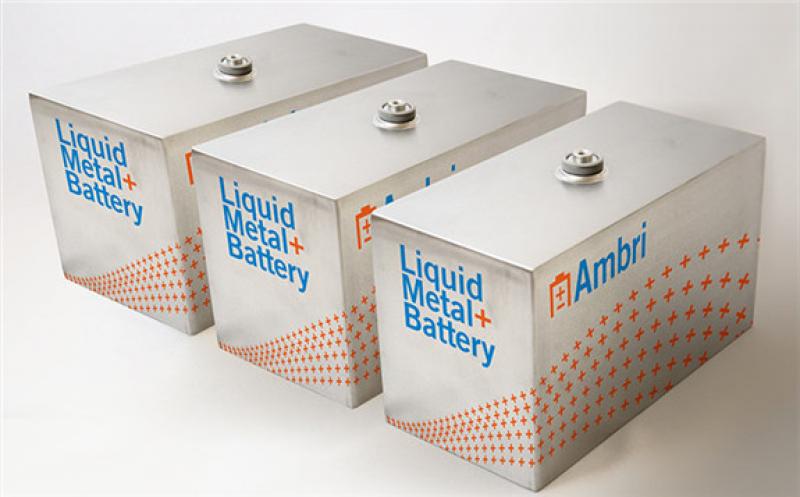US-based battery technology developer Ambri has secured a $144m investment in a financing round to build manufacturing facilities to supply its long-duration battery systems.

Built both domestically and internationally, the battery systems will help Ambri meet growing demand from the grid-scale energy storage market and large industrial energy customers, such as data centres.
With this financing, the company plans to commercialise and grow its daily cycling, long-duration system technology.
The financing round was led by investors, including Reliance New Energy Solar, Paulson and Co and Ambri’s largest shareholder, Bill Gates.
New investors such as Fortistar, Goehring and Rozencwajg Associates and the Japan Energy Fund also contributed to the funding round.
Ambri executive chairman Dan Leff said: “This financing supports the commercial growth of our company and technology.
“These funds are [also] instrumental to driving our efforts to scale the company’s operations and establish our manufacturing infrastructure to meet rapidly expanding customer demand.”
Reliance New Energy Solar, a wholly owned subsidiary of Reliance Industries, will be Ambri’s strategic partner for developing and manufacturing its batteries in India.
Reliance Industries chairman and managing director Mukesh Ambani said: “Reliance Industries sees this strategic partnership with Ambri as an important step in its journey of achieving its decarbonisation goals.
“Our investment in Ambri is part of our broader plan to develop the Dhirubhai Ambani Green Energy Giga Complex, which will be amongst the largest integrated renewable energy manufacturing facilities in the world and the epicentre of India’s Green Economy movement.”
Ambri has also signed a long-term supply agreement with Perpetua Resources for the supply of antimony, a key mineral used in Ambri’s battery chemistry.
Ambri will produce calcium and antimony electrode-based cells and containerised systems, which are capable of operating safely in any climatic condition and are meant to last for more than 20 years with minimal degradation.